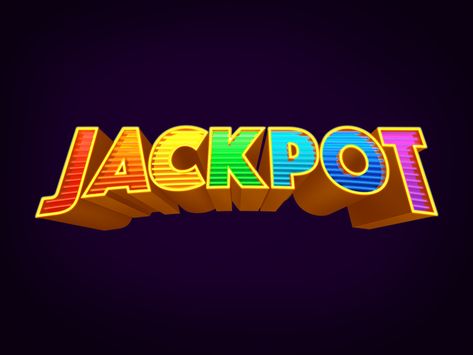Money has always been a tool for exchange, value, and status – but in the digital age, it’s also become something else: a game. On platforms like Megapari casino, players spend, bet, and risk digital money with a freedom that seems unthinkable with physical cash. The shift from paper bills to virtual credits has changed how we perceive, value, and ultimately gamble our resources.
This article explores the fascinating psychology behind why digital money feels easier to risk than cash. From cognitive illusions to interface design and evolutionary conditioning, we break down the expert insights that explain our digital detachment – and why it matters more than ever.
The Digital Disconnect: When Value Becomes Abstract
Tactile Experience vs. Screen-Based Interactions
Cash has weight, texture, smell. You count it, hand it over, feel it leave your wallet. Digital money? Just numbers on a screen. The absence of sensory cues weakens the emotional bond we form with our money. Without that physicality, spending feels painless – especially in fast-paced environments.

